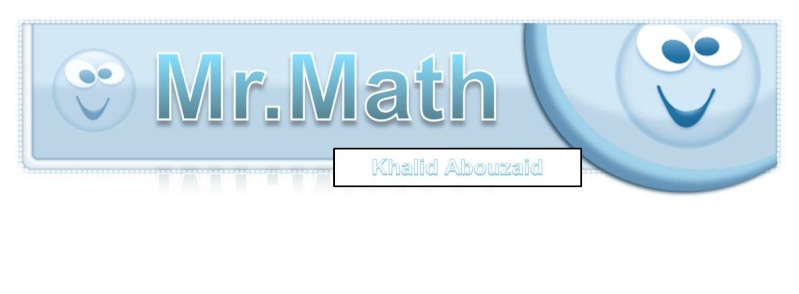When it comes to what is fashionable in homeschooling, these days
lap books, notebooking, lapbooking, whatever term you use, are definitely "in". I haven't seen much anything for math, though. And no, I haven't made any lapbooks either! But I do have an idea for one:
Let your child/student
make their own math dictionary! Just make a new page in it every time there is a new concept or term to study. The student can write the term, write an explanation, an example calculation, or draw a picture of it − or all of those.
Making such a math vocabulary book shouldn't take lots of time, because you don't usually encounter new words every single lesson in a typical math curriculum. The rest of the time the book can act as a reference or as a review medium.
There is one exception though, and that is GEOMETRY. In geometry, just about all the time you have new terms to
learn. In fact, a big part of the geometry in elementary grades is simply learning the meaning of words such as parallel, perpendicular,trapezoid, vertical angles, symmetry, diameter, radius, circumference, and so on.
I know; I've written a geometry book. In it, I encourage kids to make such a geometry notebook for themselves.
There also exist very nice already written math dictionaries:
1)Online dictionaries.The two mentioned below complement each other, and are free!
Visual Mathematics Dictionary - includes definitions of terms, often with pictures, and links to related terms, which I think is a very nice feature.
A Maths Dictionary For Kids 2007 - this one explains the term and often has some kind of interactive activitiy you can do right on the site, such as converting Celsius to Fahrenheit, or draw triangles, color or click things.
2) Printed dictionariesPrinted ones can make a nice reference for your home library.
[You must be registered and logged in to see this image.]Math Dictionary for Kids: The Essential Guide to Math Terms, Strategies, and Tables
[You must be registered and logged in to see this image.]This handbook includes illustrated, concise explanations of the most common terms used in general math classes. The 400 illustrated definitions and examples are categorized by subjects that include ... measurement; algebra;geometry; fractions and decimals; statistics and probability; and problem solving. Each term has a concise definition and an example or illustration.
[You must be registered and logged in to see this image.]Math Dictionary: The Easy, Simple, Fun Guide to Help Math Phobics Become Math Lovers
[You must be registered and logged in to see this image.]An A to Z list of some of the most common terms you'll hear in a math classroom.
The terms cover general arithmetic, geometry, algebra, graphing,probability, statistics, and much more. Advanced mathematical terms such as those used in calculus are not covered. Each definition is spelled out in plain terms, often with simple diagrams to illustrate, eliminating any confusion.
[You must be registered and logged in to see this image.]Visual Math Dictionary
This reference has over 600 definitions and additional resources including tables, rules and symbols. Math terms are
explained simply and visually with ample examples in two colors and clear, concise wording. Visual descriptions of many important concepts abound, including rules for finding area and volume, data representation, financial math, rational numbers equivalents, factors,figurative numbers, the international system, transformations, prime and composite numbers and much more.
